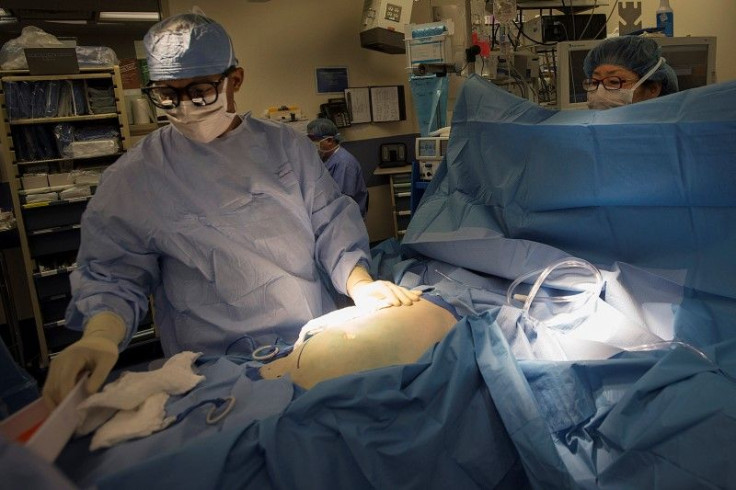U.S. To Invest $200 Million To Shorten Organ Transplant Wait Lists

(Reuters) - The U.S. government announced plans on Monday to invest $200 million to help shorten the waiting list for patients waiting for organ transplants.
The investment, to be led by the Department of Defense, was announced at a White House summit to discuss the role of science and technology and innovation in organ transplantation.
It is designed to support technologies aimed at repairing and replacing cells and tissues, Jeff Zients, director of the White House National Economic Council told the meeting.
More than 120,000 people in the United States are on a donor waiting list, Zients said. About 80 percent of the demand is for kidneys, Zients said. End stage kidney failure costs Medicare, the federal health insurance program for the elderly and people with end stage renal disease, $34 billion a year.
That is more than 7 percent of the total Medicare budget, he added.
More than $160 million in public-private investment will go to a new Advanced Tissue Biofabrication Manufacturing Innovation Institute to help develop next-generation manufacturing techniques for cell therapies. Among other investments, $7 million will be earmarked for awards to small businesses working to advance the science of tissue preservation.
The donor registration system was built in 1968. Speakers at the summit discussed proposals for modernization, including easing the process for registering to become an organ donor via a declaration on social media.
Facebook, Tinder and Twitter are developing new tools to increase donor registration options and have a goal of achieving 1 million new registrations and social declarations by the end of 2016.
Dr. Timothy Pruett, the incoming president of the American Society of Transplant Surgeons, said cutting wait times for transplanatable organs is a multi-faceted challenge and that the White House initiative, while a "great start," will almost certainly require sustained additional efforts.
"I appreciate the White House shining a spotlight on this critical issue and look forward to seeing what the new collaborations it has inspired will bring," he said.
Among those collaborations: Walter Reed National Military Medical Center announced a pilot to help patients find hard to match kidneys; and more than 30 transplant centers said they would share data for hard to match kidney patients.
Last year there were more than 30,000 transplants in the United States, the most annual transplants ever.
Additional "common-sense" steps to reduce the waiting list will be provided within the next 180 days, the White House said.
(Reporting by Toni Clarke in Washington; Editing by Tom Brown and Alan Crosby)



























